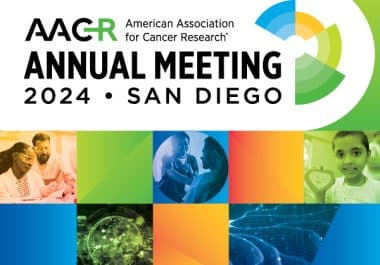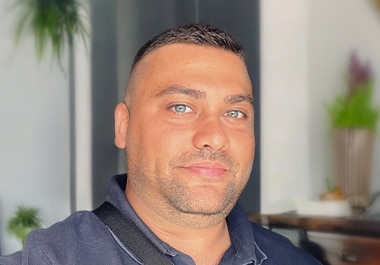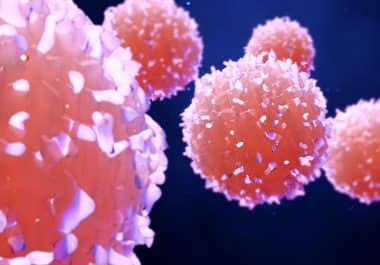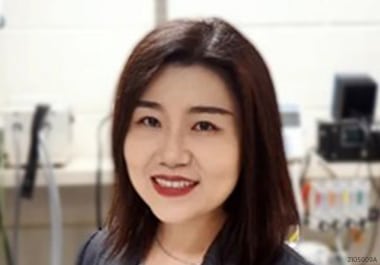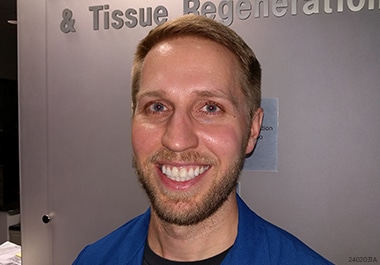
The Cytoskeleton: No Longer an Innocent Bystander in Ovarian Cancer Immunotherapy
Ovarian tumors are often resistant to traditional chemotherapy and immunotherapy. Supported by a 2022 AACR-Bristol Myers Squibb Immuno-oncology Research Fellowship, Dr. Sung-Min Hwang has uncovered a novel strategy for reinvigorating the ability of dysfunctional intratumoral T cells to combat cancer.

